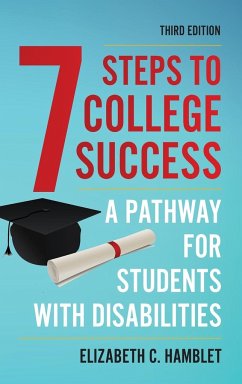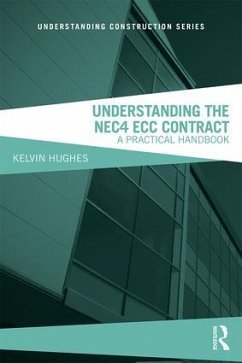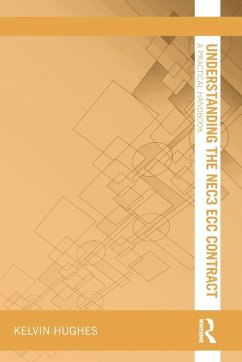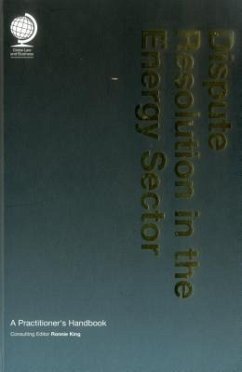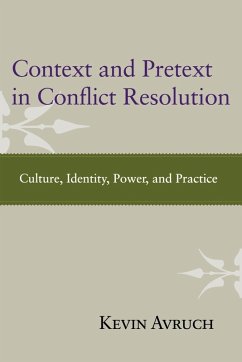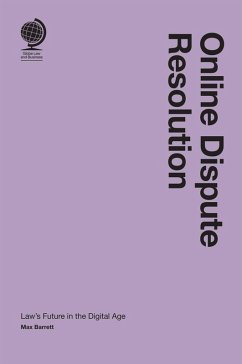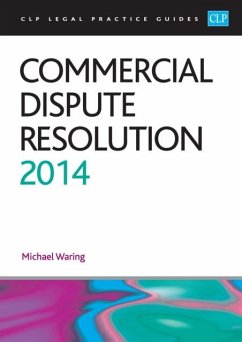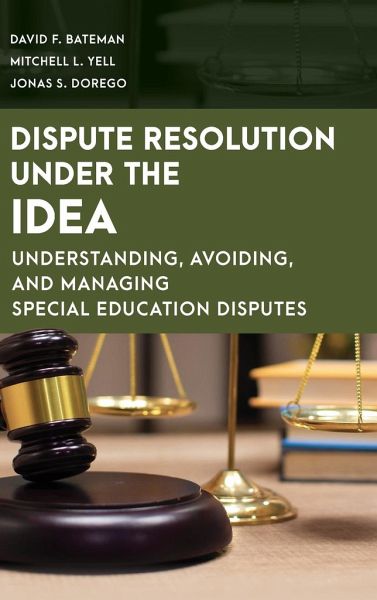
Dispute Resolution Under the IDEA
Understanding, Avoiding, and Managing Special Education Disputes
Versandkostenfrei!
Versandfertig in 1-2 Wochen
86,99 €
inkl. MwSt.
Weitere Ausgaben:

PAYBACK Punkte
43 °P sammeln!
The only book on the market focused solely and comprehensively on the special education dispute resolution system, offering a jargon-free, step-by-step practical guide for all parties at each stage of the process, from parent advocates to school and district administrators to school counselors and psychologists.





